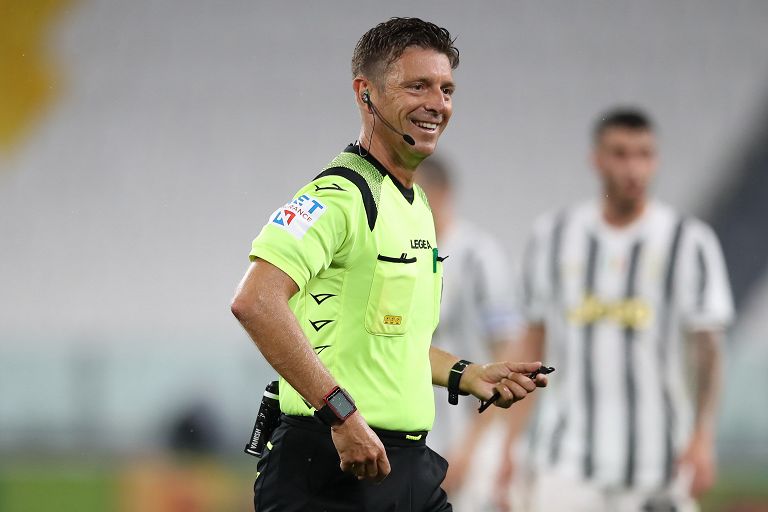In the age of technology, is the life of Italian referees more linear or more arduous, of a tricolor football suffering from the competition of the English and Spanish championships?
Gianluca Rocchi, Series A and B Game Director Designate, draws the lines for the immediate future. Speaking to the microphones of Radio anch’io sport on Radio 1 Rai, Rocchi claimed that in the season just ended there had been “more European refereeing performances, the result of the journey started two years ago”. It means “offering these guys a refereeing line more suited to matches at European level”, in the sense of “paying attention to the fluidity of the game”, without forgetting “that the Italian championship is not the Champions League”. .
The number of staff – he continues – “is to be drastically reduced, at the moment we are almost ten referees over the right number in my opinion. We have to go back to 40-42, this year we’re going to go back by three and that’s the case.” For me it’s the most difficult task because you have to take the A away from someone. But it’s like a club team: more appearances on the pitch guarantee experience.”
Var control room
On the VAR HR front, Rocchi emphasizes: “Giving votes is not my job. I am satisfied with the way they worked. How can I improve? Finding a higher level of continuity in general performance.” And thanks also go to the clubs for their trust, “because without the fundamental acceptance of those who receive a service, it is not possible to use young people as referees for really important games.” Technology , which is a concrete help for referees: “If I had had it available today, there probably wouldn’t have even been Garcia’s violin because I could have solved some problems much more easily,” Rocchi jokingly recalls the French coach’s polemical gesture , then on the Giallorossi bench (new Napoli coach), during a match between Juventus and Roma in 2014, which he officiated as referee.
 Getty Images
Getty Images Gianluca Rocchi, designators of the Serie A and B referees
Hence the motto of the post-game press conferences: “I’ve always maintained that if there’s a way to explain an episode, we’ve solved all the problems.” But not immediately after the end of the game, “because the adrenaline is too high and you really don’t feel like listening to the referee. The only thing you’d like to hear is ‘Yes, I made a mistake’.” But we wouldn’t have solved it much because the problem is understanding why. The goal is to have a dedicated room every 15 days or once a month where we can explain the episodes. Will the audio transmission between the referees on the pitch and those in the var cover even the most sensitive cases? “Absolutely yes, we have no secrets. I asked the guys to work a lot on communication, we want it to be clean. It’s not a problem to listen to the communication.” Rocchi also addressed the issue of effective time: “It’s not us referees who dictate it, but the players and coaches.” And he cited the example of Massa, “who managed Spezia-Fiorentina , we’re talking about 45 minutes of effective playing time and a month later from Juve Lazio of 61 minutes of effective playing time. So the same referee was adapting to two different situations. It really depends.” A lot depends on how the players approach the game.” We started with an average of “51 minutes” and got to 54 minutes and worked a lot on wasting time e.g. B. “Archive field controls, throw-ins, free kicks from the outside edge”. It is unacceptable that it lasts two minutes”.